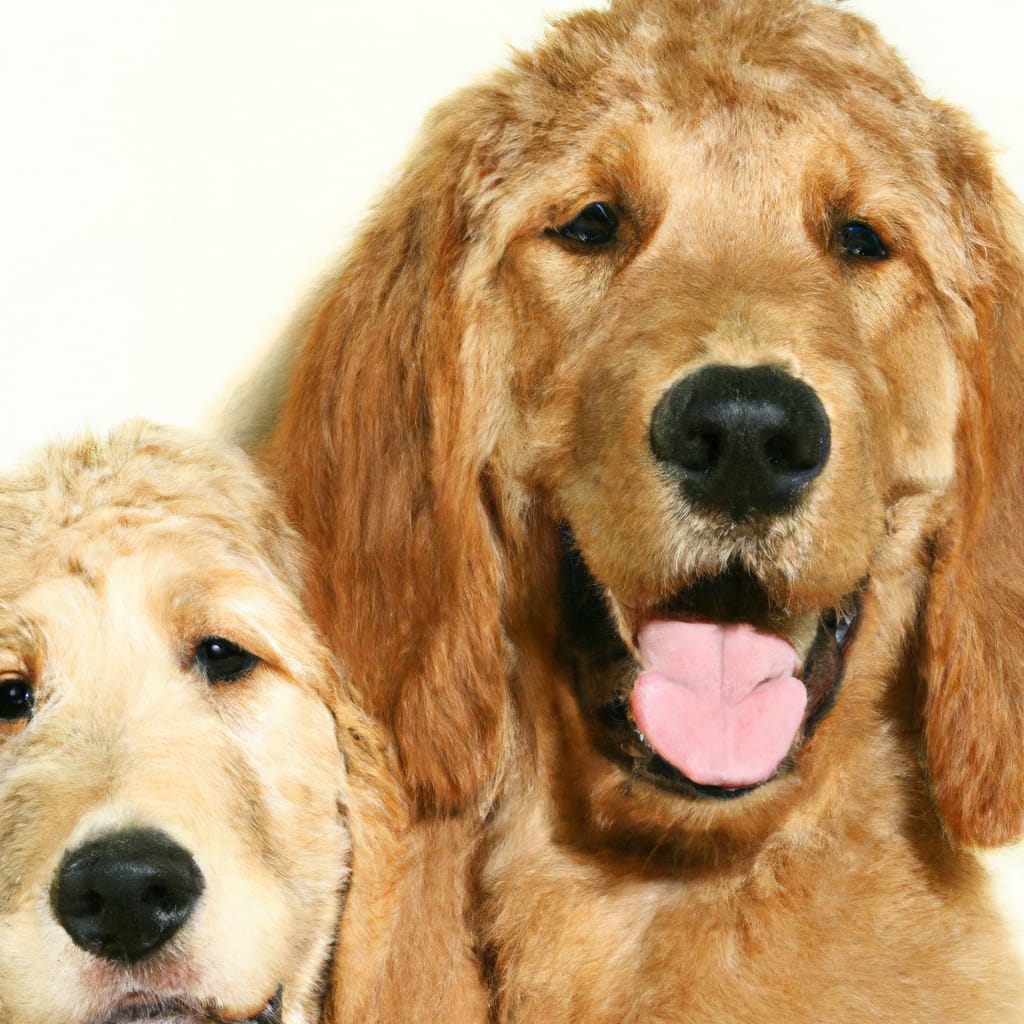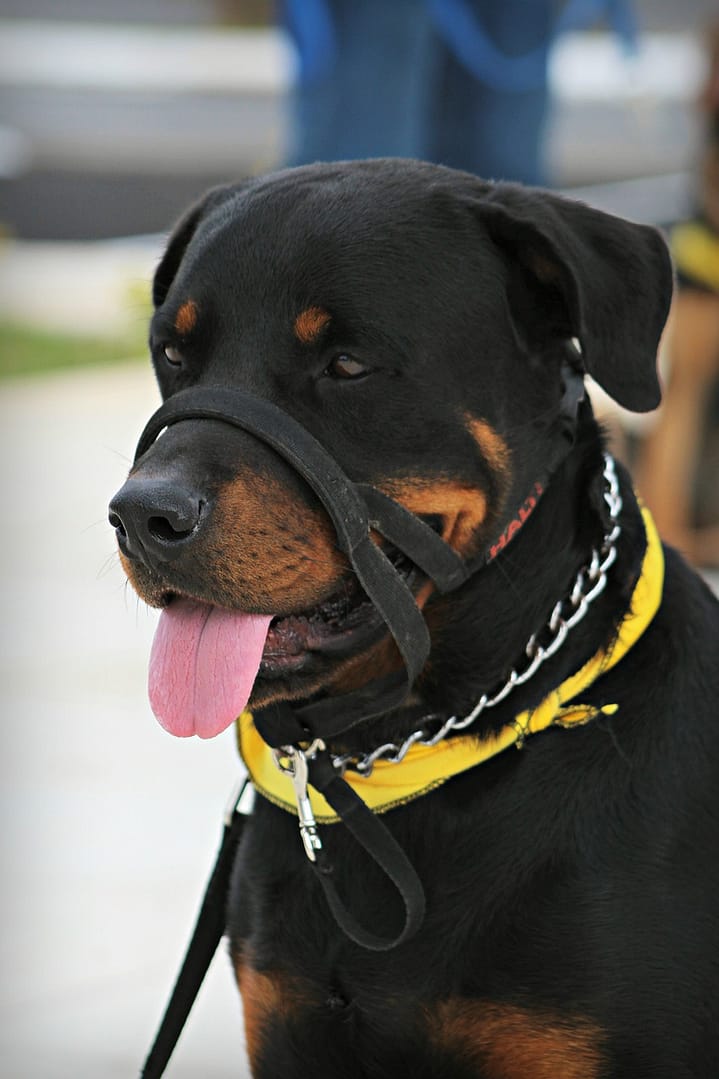Tibetan Mastiff Dog Breed Pros And Cons
Tibetan Mastiff Dog Breed Pros And Cons information you might need if you’ve been considering getting a new furry friend, you’ve probably come across the majestic Tibetan Mastiff. With their regal appearance and loyal nature, these dogs are certainly captivating. However, before you make a decision, it’s important to weigh the pros and cons of owning this unique breed. From their protective instincts to their impressive size, there are many factors to consider. In this article, we’ll explore the pros and cons of the Tibetan Mastiff dog breed, helping you make an informed choice that’s right for you.
Appearance
Size
The Tibetan Mastiff is a large and majestic breed, with males typically weighing between 90 and 150 pounds and standing 26 to 29 inches tall at the shoulder. Females are slightly smaller, weighing between 70 and 120 pounds and standing 24 to 27 inches tall. This impressive size makes them a formidable presence and a striking addition to any family or home.
Coat
The Tibetan Mastiff has a thick double coat that provides excellent protection against harsh weather conditions. Their outer coat is long, thick, and straight, while the undercoat is soft and wooly. This luxurious coat requires regular grooming to keep it looking its best and to prevent matting. However, the beautiful appearance of the Tibetan Mastiff’s coat is well worth the maintenance.
Color
The Tibetan Mastiff comes in various colors, including solid black, black and tan, brown, blue, and gray, as well as brindle and gold. Their coat color often adds to their regal and majestic appearance, with each color variation possessing its own unique charm.
Overall Impression
When you first see a Tibetan Mastiff, you can’t help but be captivated by their commanding presence and noble expression. Their large size, well-muscled bodies, and thick, luxurious coat make a lasting impression. Overall, the appearance of the Tibetan Mastiff showcases strength, beauty, and the essence of a true protector.
Personality
Loyal and Protective
Tibetan Mastiffs are renowned for their loyalty and protective instincts. They are fiercely devoted to their families and will go to great lengths to keep them safe from any potential threats. With a Tibetan Mastiff by your side, you can have peace of mind knowing that they will always have your back.
Reserved and Independent
Despite their size, Tibetan Mastiffs are known for their reserved and independent nature. They can be aloof with strangers and may take some time to warm up to new people. This reserved nature stems from their history as guard dogs in Tibet, where they were bred to be cautious and discerning when it came to unfamiliar individuals.
Intelligent and Independent Thinkers
Tibetan Mastiffs are highly intelligent and possess an independent spirit. They are not the type of dog to mindlessly follow commands without considering the situation at hand. Instead, they have a mind of their own and prefer to analyze and assess situations before taking action. This independent thinking makes training a Tibetan Mastiff a unique and rewarding experience.
Stubbornness and Strong-Willed
While their intelligence and independent thinking can be admirable, it can also make Tibetan Mastiffs a bit stubborn and strong-willed at times. They may require an owner who can provide firm and consistent leadership and establish themselves as the alpha figure in the household. With proper training and guidance, their stubbornness can be channeled into positive behaviors.
Gentle and Affectionate
While Tibetan Mastiffs may be reserved with strangers, they are incredibly gentle and affectionate with their families. They form strong bonds with their loved ones and are often quite cuddly and affectionate. Their gentle nature makes them excellent companions for families, especially those with children.

Exercise and Activity Level
Moderate Exercise Needs
Despite their large size and powerful build, Tibetan Mastiffs have relatively moderate exercise needs. They enjoy daily walks and play sessions but are not overly hyper or high-energy dogs. A couple of walks and some interactive playtime each day should be sufficient to keep them physically and mentally stimulated.
Suitability for Apartments
Due to their size and exercise needs, Tibetan Mastiffs may not be the best fit for apartment living. They thrive in homes with spacious yards where they have room to roam and play. However, with proper exercise and mental stimulation, they can adapt to apartment living if their needs are met.
Secure Fenced Yard Recommended
While Tibetan Mastiffs can adapt to various living situations, it is highly recommended that they have access to a secure fenced yard. Their protective instincts may lead them to patrol and guard their territory, and a securely fenced yard provides them with the space they need to do so safely.
Regular Mental Stimulation
In addition to physical exercise, Tibetan Mastiffs also require regular mental stimulation to keep their minds sharp and engaged. Interactive toys, puzzle games, and training sessions can all provide the mental challenges they need. Without proper mental stimulation, they may become bored and exhibit destructive behaviors.
Grooming and Maintenance
Heavy Shedding
One of the considerations when owning a Tibetan Mastiff is their heavy shedding. They have a thick double coat that sheds seasonally, typically in the spring and fall. During these times, their coat may require more frequent brushing to remove loose hair and prevent mats from forming.
Regular Brushing and Seasonal Coat Blowing
To keep the Tibetan Mastiff’s coat healthy and looking its best, regular brushing is essential. A weekly brushing session should be sufficient during non-shedding seasons, but when they are blowing their coat, more frequent brushing will be necessary. This process involves the removal of the undercoat to make way for the new growth.
Bathing and Nail Trimming
Tibetan Mastiffs do not require frequent baths unless they roll in something particularly unpleasant. When bathing is necessary, it is important to use a dog-specific shampoo and thoroughly rinse to avoid skin irritation. Additionally, regular nail trimming to prevent overgrowth is essential for their comfort and mobility.
Eyes and Ears Care
Routine care of the Tibetan Mastiff’s eyes and ears is crucial to maintain their overall health. Checking their eyes for any signs of redness, discharge, or irritation can help detect any potential issues early on. Similarly, their ears should be examined regularly, and any excessive wax, dirt, or foul odor should be addressed.
Dental Hygiene
Just like any other dog, Tibetan Mastiffs require regular dental care to maintain good oral hygiene. Brushing their teeth several times a week with a dog-specific toothpaste can help prevent dental diseases and keep their breath fresh. Providing them with dental chews and toys can also aid in keeping their teeth clean.

Training and Socialization
Strong Leadership and Consistency
Training a Tibetan Mastiff requires strong leadership and consistency. As independent thinkers, they may challenge authority and test boundaries. Establishing yourself as the pack leader and maintaining clear, consistent rules and expectations will help shape their behavior and ensure a well-balanced and well-behaved companion.
Early Socialization is Key
Early socialization is crucial for Tibetan Mastiffs to help them become well-rounded and confident dogs. Exposing them to different environments, people, animals, and situations from a young age will help ensure that they grow up to be friendly and adaptable. Puppy classes and controlled introductions to new experiences can greatly aid in their socialization process.
Potential Challenges with Training
Tibetan Mastiffs can be independent and strong-willed, which may present challenges during training. They may question commands and resist certain tasks if they don’t see the purpose or benefit. Remaining patient, utilizing positive reinforcement techniques, and making training sessions engaging and fun can help overcome these challenges.
Cautiousness Around Strangers
Due to their guarding instincts and reserved nature, Tibetan Mastiffs may be cautious around strangers. Early socialization can help minimize this caution and teach them appropriate behavior in different social situations. While they may always have a natural wariness towards unfamiliar individuals, they can learn to be polite and calm when introduced properly.
Health and Lifespan
Potential Health Issues
Tibetan Mastiffs, like many large breeds, are prone to certain health issues. Some of the potential health concerns include hip dysplasia, elbow dysplasia, hypothyroidism, progressive retinal atrophy (PRA), and entropion. Regular veterinary care, a balanced diet, and appropriate exercise can help mitigate the risks and ensure their overall health.
Lifespan and Size Influence
The lifespan of a Tibetan Mastiff typically ranges from 10 to 14 years. The size of the dog can influence their lifespan, with larger individuals generally having shorter lifespans. Proper nutrition, exercise, and regular veterinary check-ups can contribute to a longer and healthier life for your Tibetan Mastiff.
Proper Nutrition and Exercise
Providing your Tibetan Mastiff with a balanced and nutritious diet is essential for their overall health and well-being. Consult with your veterinarian to determine the appropriate diet based on their age, weight, and activity level. Additionally, regular exercise tailored to their size and energy needs will help keep them physically fit and mentally stimulated.
Regular Veterinary Check-ups
Regular veterinary check-ups are vital for monitoring the health of your Tibetan Mastiff and catching any potential health issues early. Vaccinations, routine bloodwork, dental exams, and parasite prevention should all be a part of their regular healthcare routine. Regular veterinary care can help ensure that they live a long, happy, and healthy life.
Suitability as a Family Pet
Good with Children
Tibetan Mastiffs can make excellent family pets, especially for families with older children. They are generally patient and gentle with children, but supervision is always necessary to ensure that interactions between children and dogs are safe and respectful.
Compatibility with Other Pets
With proper socialization and introductions, Tibetan Mastiffs can coexist peacefully with other pets. However, their guarding instincts may make them less tolerant of unfamiliar animals, particularly those of the same sex. Early socialization and gradual introductions can help minimize any potential conflicts.
Safe for Families with Allergies
While no dog breed is truly hypoallergenic, Tibetan Mastiffs are considered to be a good breed for individuals with allergies. Their thick double coat can help prevent allergens from becoming airborne and may cause fewer allergic reactions compared to breeds with lighter coats.
Living Conditions
Need for Space and Secure Fence
Tibetan Mastiffs have a need for space and a securely fenced yard to ensure their well-being and happiness. Their large size and protective instincts make them better suited for homes with ample room for them to roam and patrol their territory. A secure fence will provide them with the necessary boundaries to keep them safe.
Climate Considerations
Tibetan Mastiffs have a thick double coat that provides insulation and protects them from harsh weather conditions. They can adapt to various climates, but their heavy coat makes them better suited for cooler climates. In hotter climates, it is important to provide them with shaded areas and access to fresh water to prevent overheating.
Costs and Expenses
Initial Purchase Price
Tibetan Mastiffs are a rare and sought-after breed, which often results in a higher purchase price compared to other dog breeds. The initial purchase price can vary depending on the breeder, pedigree, and location. Therefore, it is important to research reputable breeders and be prepared for a potentially higher upfront cost.
Food and Supplies
Feeding a large breed like the Tibetan Mastiff can be a significant expense. Their size and nutritional needs will require a larger quantity of high-quality dog food. Additionally, you should budget for supplies such as bowls, leash, collar, crate, bedding, grooming tools, and toys to ensure their comfort and well-being.
Routine Veterinary Care
Routine veterinary care, including vaccinations, check-ups, and preventive medications, is necessary for the health of your Tibetan Mastiff. These costs should be factored into your budget, as regular veterinary care is crucial for their well-being and can help catch any health issues early on.
Potential Expenses for Health Issues
While it is impossible to predict if and when your Tibetan Mastiff will experience any health issues, it is important to be prepared for potential expenses. Veterinary visits, diagnostic tests, medications, and any necessary treatments can add up. It is advisable to have a plan in place, such as pet insurance or a dedicated savings fund, to cover unforeseen health expenses.
Legal Restrictions
Breed-Specific Legislation
Some areas may have breed-specific legislation (BSL) that restricts or bans certain breeds, including Tibetan Mastiffs. It is essential to research and understand the laws and regulations in your specific location before bringing a Tibetan Mastiff home. Compliance with legal restrictions will ensure a smooth and legal ownership experience.
Restricted in Certain Areas
In addition to breed-specific legislation, there may be specific areas, such as housing developments or municipalities, that have restrictions on owning large or guardian breeds like the Tibetan Mastiff. It is crucial to check local regulations and restrictions to ensure that owning a Tibetan Mastiff is permissible in your chosen living area.
In conclusion, owning a Tibetan Mastiff comes with its own set of considerations and responsibilities. They are a majestic and powerful breed with a strong protective instinct and loyal nature. While they require moderate exercise, regular grooming, and consistent training, the rewards of having a Tibetan Mastiff as part of your family are numerous. With proper care, socialization, and a loving environment, a Tibetan Mastiff can bring years of joy and companionship to your life.













